Q. Explain why you think a secular liberal democracy is the least objectionable for of human government, especially when this means that Christians will have to tolerate some things that the Bible specifically prohibits?
A. Good question. Let me say two things here.
First, secularism is a Christian invention! It was initially developed in the eleventh century papal reformatio to secure the freedom of the church from the state hegemony, but then developed later following the “Peace of Westphalia” to bring an end to the incessant wars of religion taking place in Europe in the seventeenth century. In America, the separation of church and state, which is the expression of secularity, was instituted to stop one group of Christians (Anglicans and Catholics) from persecuting a minority of Christians (Baptists, Methodists, and Congregatonalists). Secularism developed somewhat, but was premised on the idea that government should not tell people how to do religion nor punish people because of their religion. That can be done differently, with an established state church (such as the UK), with a more aggressive anti-religious stance (such as in France), or even in Islamic and Hindu contexts (Turkey and India).
Second, on liberal democracy, the liberal element accepts the idea that human beings have the natural right to be free. What is more, missional Protestants have maintained that freedom must be extended to religion, as faith in Jesus should be voluntary rather than coercive. People can only choose to believe in Jesus if they are free to believe as they so wish. But that has knock on effects for freedom of conscience, association, speech, etc., which requires governments not interfere in religion, and over implications like judicial independence, etc. If people are to be free to be religious in their chosen way, then they must have the freedom to be religious or non-religious in ways that others, even a majority, may not approve of. I believe this goes back to love of neighbor, if we are to love our neighbors as “other” than us, then we must give them the freedom, the right even, to be different from us and disagreeable with us.
[N.B. And I think this is well said, and rightly analyze the situation. Secular democracy with protected freedoms, including freedom of religion, is probably the best we can do in a fallen world full of radical individualism]

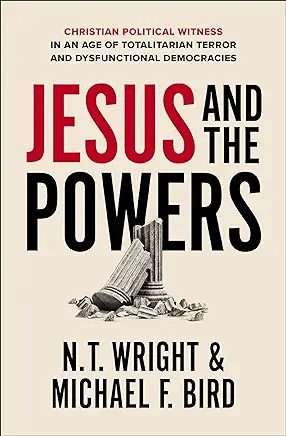

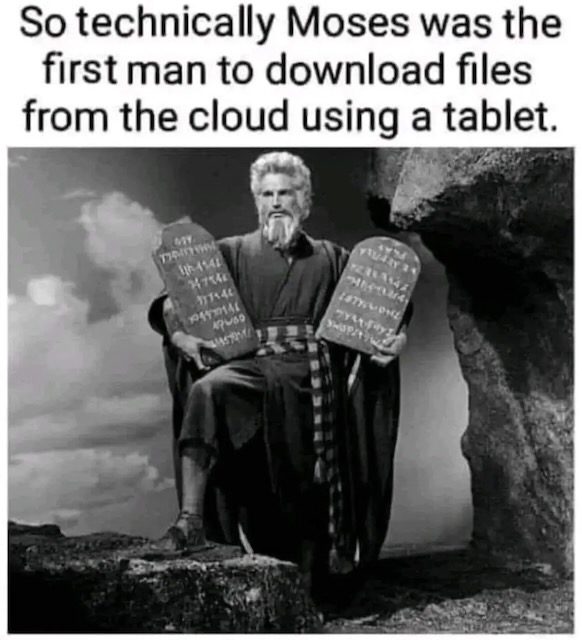
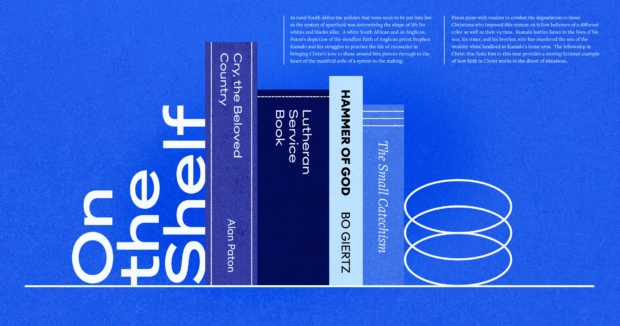

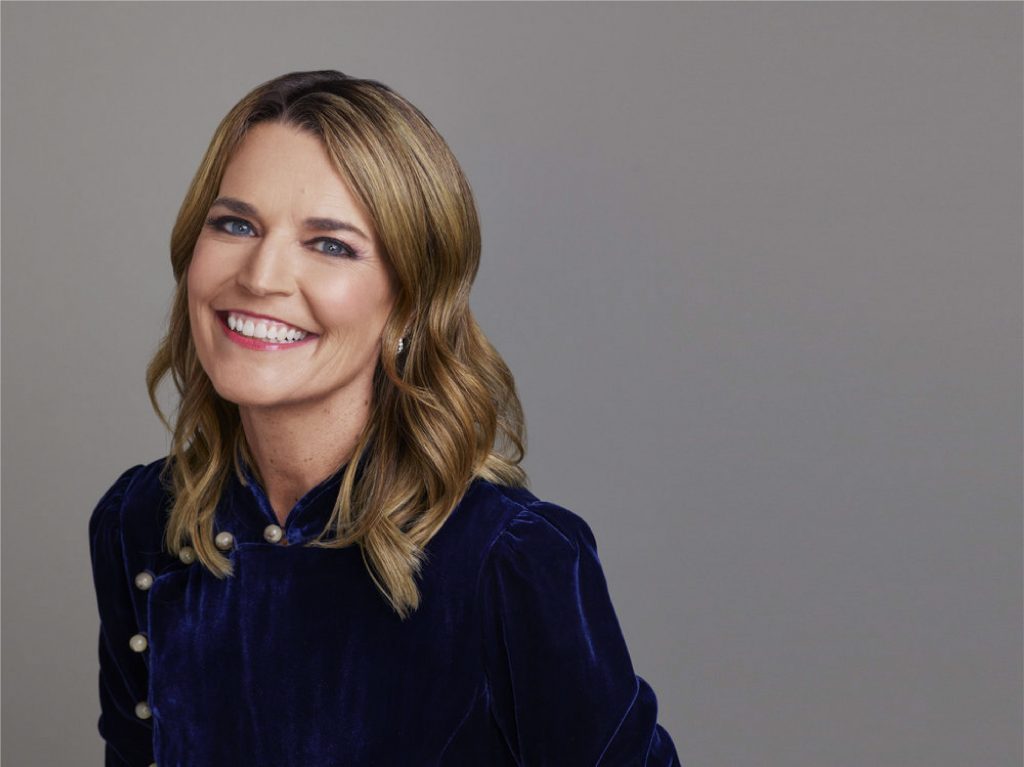
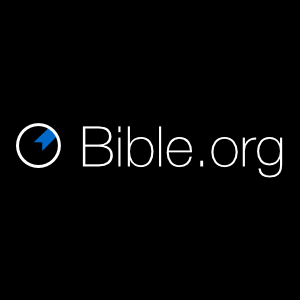


 English (US) ·
English (US) ·